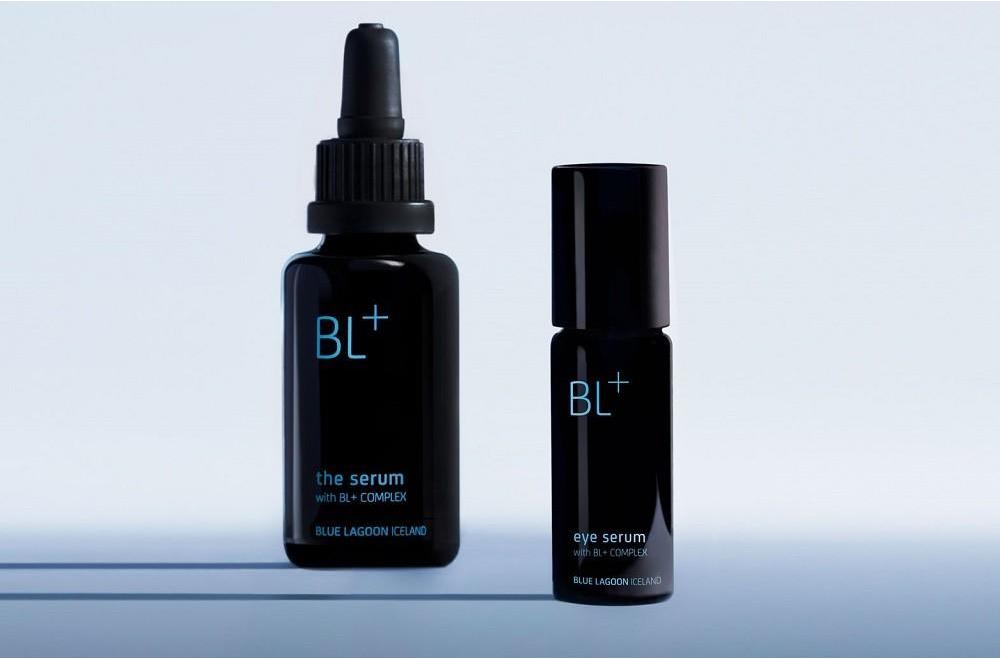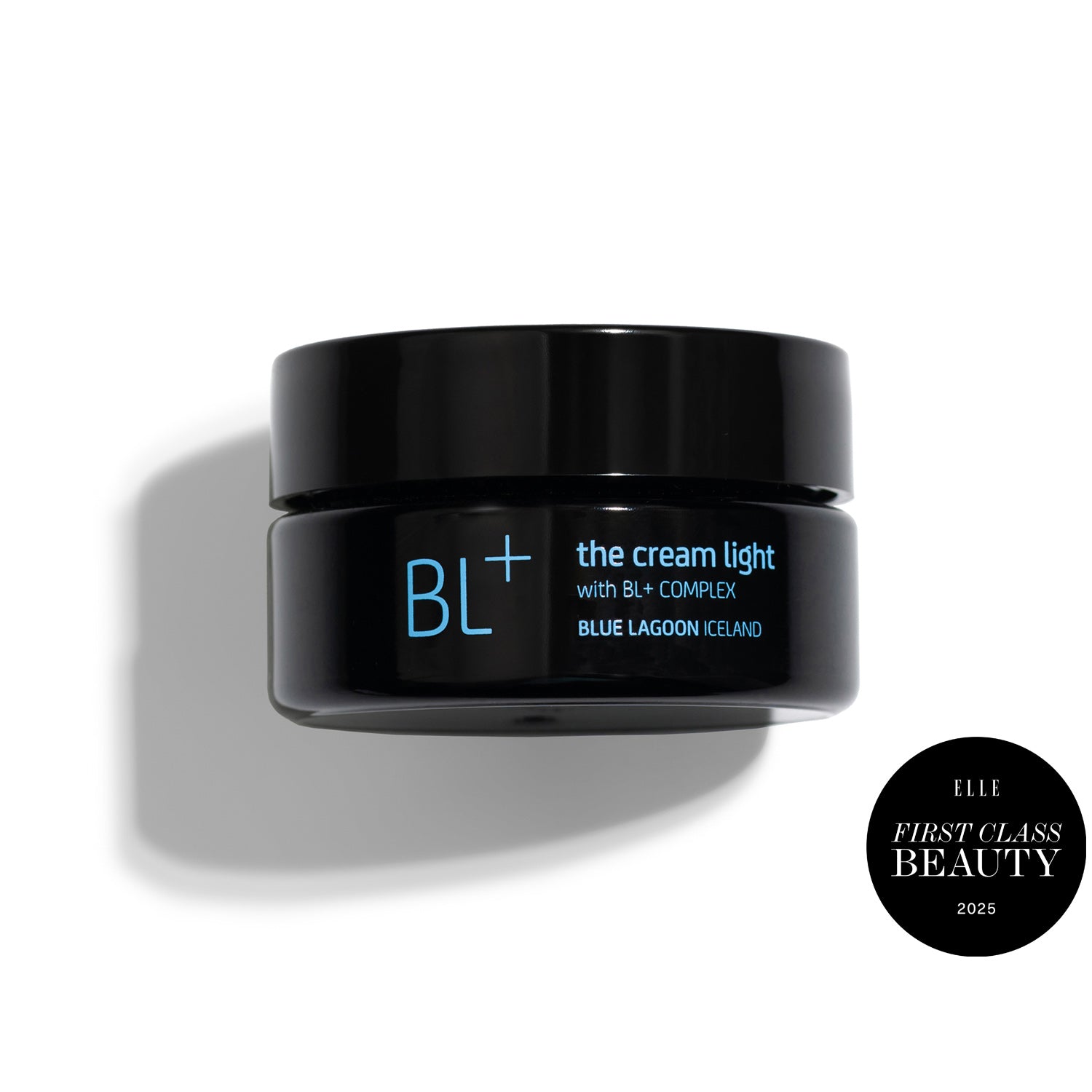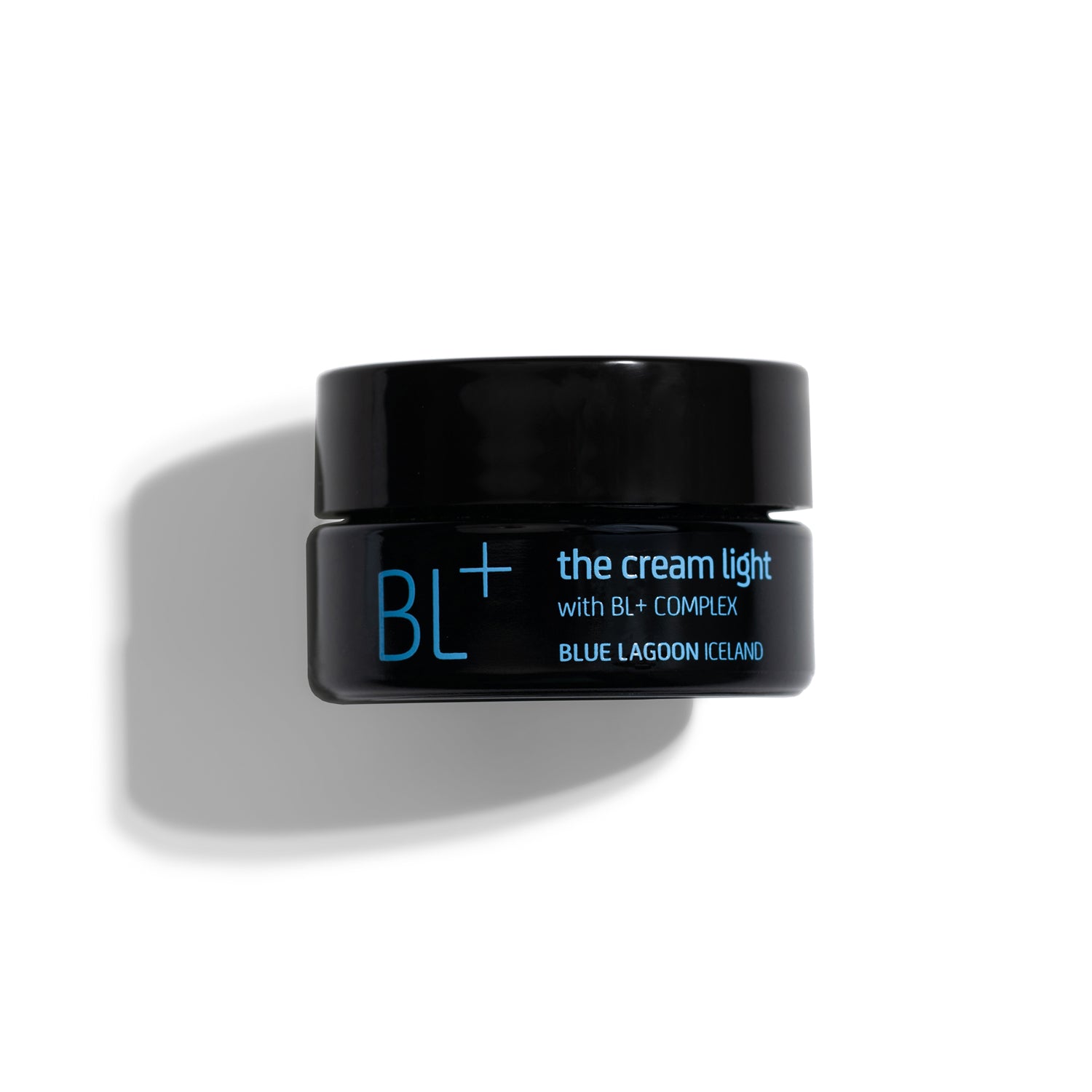
deep into skin
What is collagen and how this protein helps skin elasticity
Here a short guide to understand why this protein is essential to healthy living and to skincare.
What is collagen, and why is it essential to skincare?
Collagen is a protein that makes up almost 40 percent of the proteins in the human body. It is found in bones, organs, connective tissue, hair, and nails, and is the most important structural protein in our skin. Dermatologists often refer to collagen as our skin’s “scaffolding” because it keeps our skin from sagging and is responsible for giving us a plump, youthful look. But thanks (or rather, no thanks) to aging and other outside factors, our collagen breaks down over time. In an effort to restore that collagen, we turn to ingredients that boost collagen production and prevent collagen degradation.
Understanding why collagen is a vital protein to healthy living
There are over 28 different types of collagen proteins in the human body. Collagen is considered a foundational protein as it is responsible for everything from strong, healthy skin to joint health and digestion. When we refer to the collagen protein found in skin, we are referring specifically to Collagen Type I, which accounts for 90 percent of the collagen in the human body. Collagen Type I is flexible and strong, providing resistance to force, tension, and stretch. It is found in all connective tissue, notably skin, scar tissue, tendons, ligaments, bone, cornea, and dentin.
How aging affects our collagen and what that means for our skin
The body continually breaks down and replaces collagen throughout our lives. However, as we get old, the body breaks down collagen faster than we can produce it. In our skin, collagen production peaks in our twenties. As we age, decreasing levels of collagen cause the skin to lose its flexibility and firmness, creating wrinkles.
Ingredients that help build collagen for firmer skin
Now that we’ve painted a picture of why collagen is vital to your body—and what happens to your skin when you begin to lose it—you’re probably wondering how you can double down on collagen production. Enter collagen-boosting skincare ingredients. These are powerful tools that help target signs of aging, smooth wrinkles, and restore firmness.
Blue Lagoon Microalgae
Blue Lagoon Mircoalgae is a superstar skincare ingredient and a key component in BL+ COMPLEX. This bioactive marvel stimulates collagen production while protecting skin cells from the damaging effects of free radicals. “The blue-green microalgae discovered in the Blue Lagoon is very unique in that it does not thrive in many other places in the world,” says Ása Brynjólfsdóttir, who has been studying the microorganism for three decades. Her research, along with in vitro and in vivo clinical studies conducted by Professor Jean Krutmann at the Heinrich Heine University in Düsseldorf, found that Blue Lagoon Microalgae has the ability to stimulate collagen production and prevent collagen breakdown in the skin. “This is something that had not previously been documented,” says Brynjólfsdóttir. These proven anti-aging benefits led to the patent of Blue Lagoon Microalgae and the development of BL+ Skincare.
What does that all mean? Simply put, the resilience of Blue Lagoon Microalgae endows it with the ability to protect the skin from premature aging, including the appearance of fine lines and wrinkles. Here’s how it works:
Microalgae Prevents Collagen Breakdown
At the molecular level, Blue Lagoon Microalgae significantly inhibits the production of something called matrix metalloproteinase (or MMPs), enzymes that increase the breakdown of collagen and lead to skin damage.
Microalgae Boosts Collagen Synthesis
Krutmann’s studies also revealed that Blue Lagoon Microalgae results in a significant increase in collagen genes mRNA expression that provides instructions for producing collagen. Explains Brynjólfsdóttir: “This restores collagen fibers in the dermis, reducing fine lines and wrinkles in the epidermis and reinvigorating the skin’s elasticity, firmness, and strength.”





